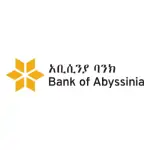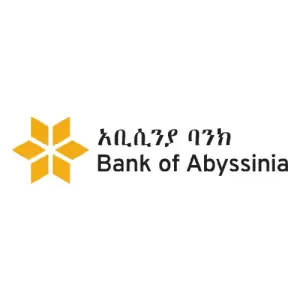The government of Ethiopia has introduced new changes to its value-added tax (VAT) policy through Proclamation No. 1341/2016 to better support low-income households. This proclamation updates tax exemptions for essential services like water, electricity, and transportation. By refining these exemptions, the government aims to direct assistance to those who need it most while encouraging the use of public transportation.
Water and Electricity Supply
For the last 22 years, the government has not charged value-added tax (VAT) on water and electricity to help low-income families save money. However, many of these families use more water and electricity than the average household. Because they don’t feel the financial impact of not having to pay this tax, the support hasn’t been very effective.
To improve this situation, the government of Ethiopia will now set VAT exemptions based on specific limits for how much water and electricity low-income households can use each month as per the new policy. The Ministry of Finance will soon provide details on these limits.
Under the new plan, low-income households will not pay VAT on their average monthly usage of water and electricity. However, if they use more than this average amount, they will have to pay VAT on the extra usage.
Transportation Services
The government has also exempted transportation services from VAT for the past 22 years to keep travel costs low for low-income individuals and to prevent higher prices for goods due to transportation taxes. However, the government believes that this support should only apply to public transport and freight services.
To encourage people to use public transportation, the government is investing in better infrastructure and offering various incentives. As a result, the VAT exemption for transportation will no longer apply to vehicles that are not public or freight transport, specifically excluding three-wheeled vehicles and those that carry fewer than eight passengers.
Therefore, mass transit services will continue to be exempt from VAT, while transportation services using vehicles with fewer than eight passengers, excluding three-wheeled vehicles, will now be subject to VAT.
These changes, as explained by the Ethiopian Ministry of Finance, aim to make the VAT exemption system more effective in helping low-income households while encouraging the use of public transportation.
Other Stories
Ethiopian Coffee Sets New Price Record at 102,000 Birr per KG













It’s basically carbon tax straight out of the WEF handbook
አይ መሬት ያለ ሰዉ
ዉሀ ካየን ወራቶች አልፈዉናል ግን በየወሩ የውሀ እንከፍላለን። እናንተ የሚያስጨንቃችሁ “ vat” እኛ የሚያስጨንቀን ዉሀ። እንደኔ በትክክል መንግስት ለህዝቡ ካሰበ መጀመሪያ ክፍያን ከማሰብ በፊት ውሀው ይምጣ። እኛ አንከፍልም አላልንም። ውሀውን ግን መፍትሄ ቢሰጠው ጥሩ ይመስለኛል። እኔ እንደማስበው ለመሆኑ ይህንን የvat ማስተካከያስታደርጉ ከተማ ጥናት ተወቷል። አንዳንዴ problem identification ያስፈልጋል ውሀ የሚባክነው በዝቅተኛ lower income ባላቸው ነው ሲባል ውሀ በየቀኑ የሚመጣላቸው ሰዎች አሉ ማለት ነው? ይህ ከሆነ ውነትም መንግስት ያወጣው የቫት ማስተካከያ ተገቢ ነው እላለሁ። ግን እኔ በራሴ እንደማውቀው ውሀ ከቀዳን ሁለት ወር እልፎኛል። ሁለት ልጆች አሉኝ ተቀጣሪ ታክስ ከፋይነኝ። ነዋሪነቴ ቱሉዲምቱ ገብርኤል
መጀመሪያ ለዚህ መፍትሄ